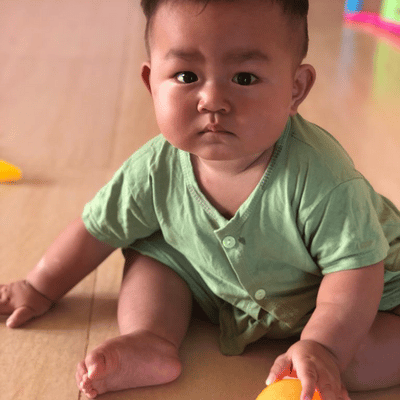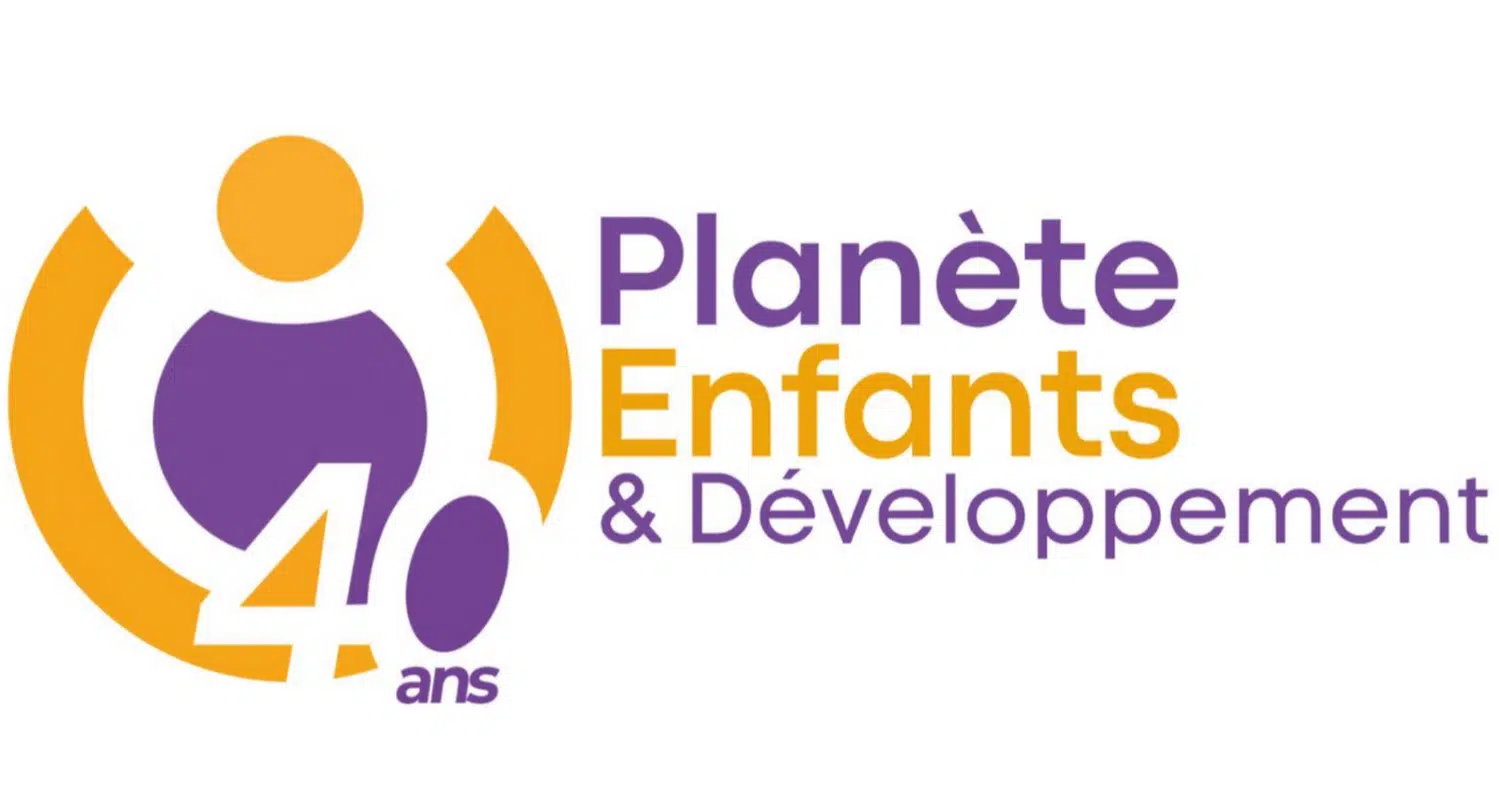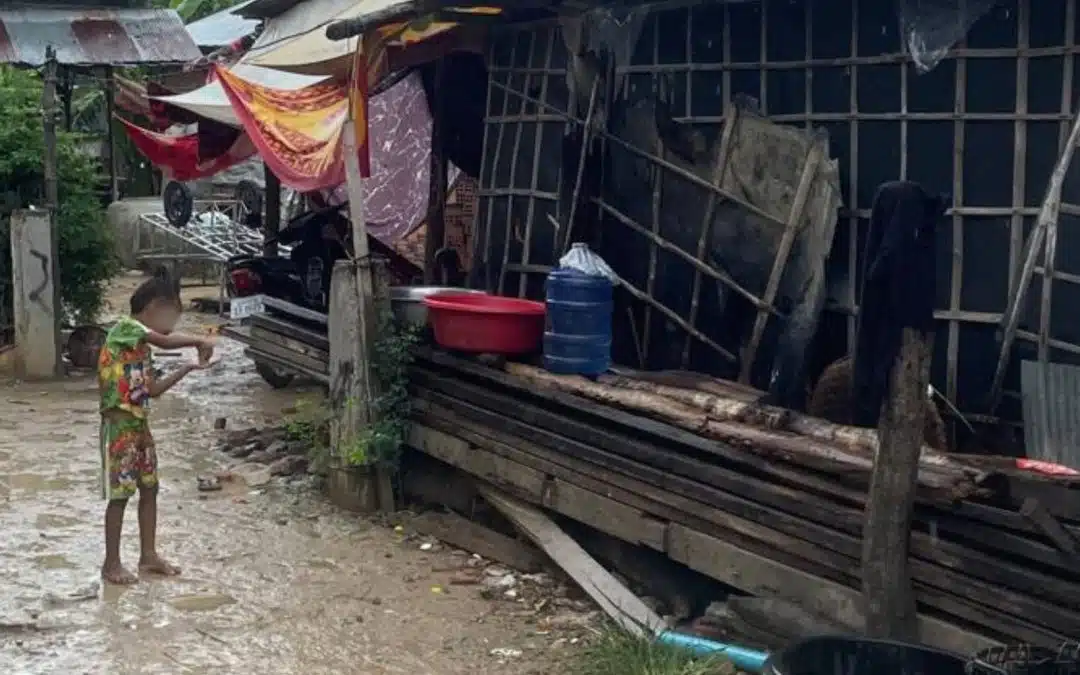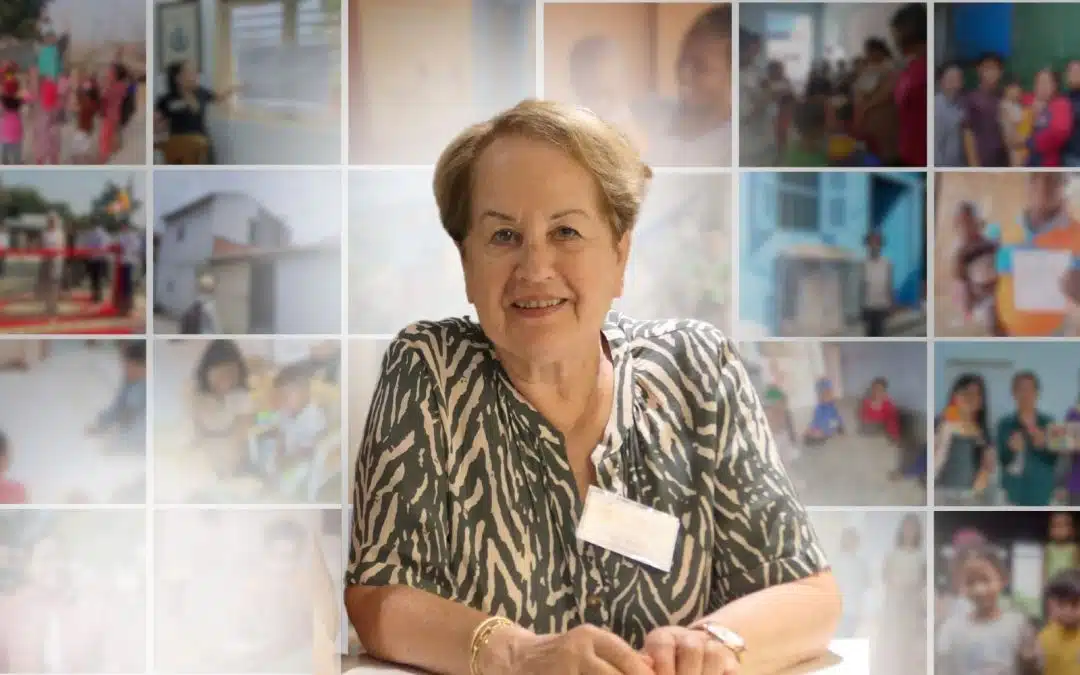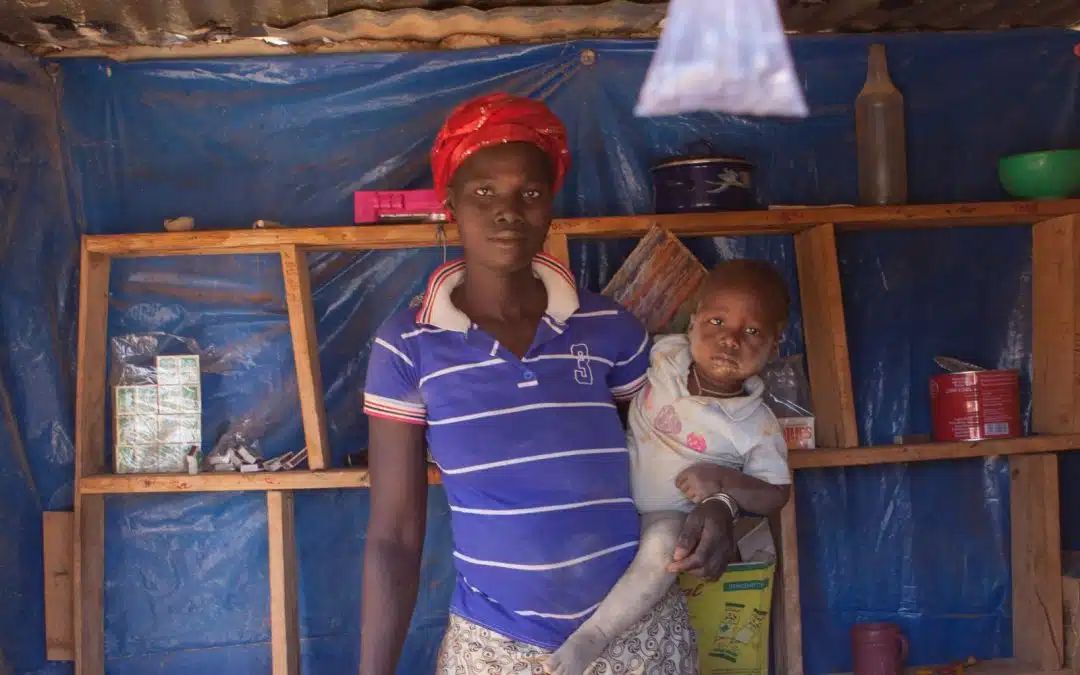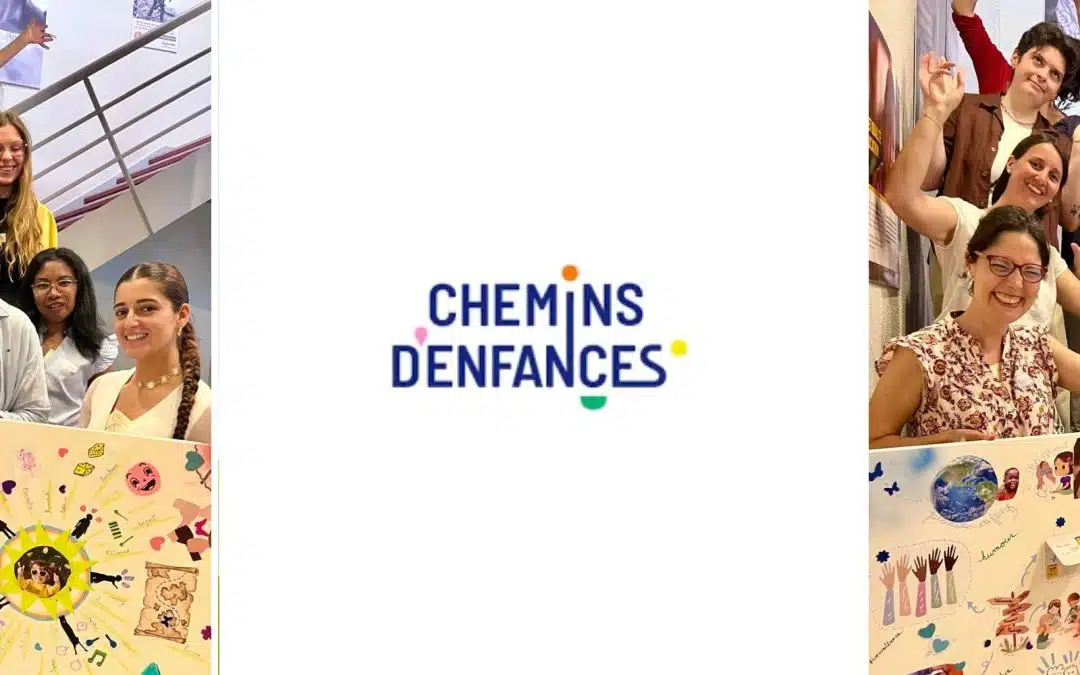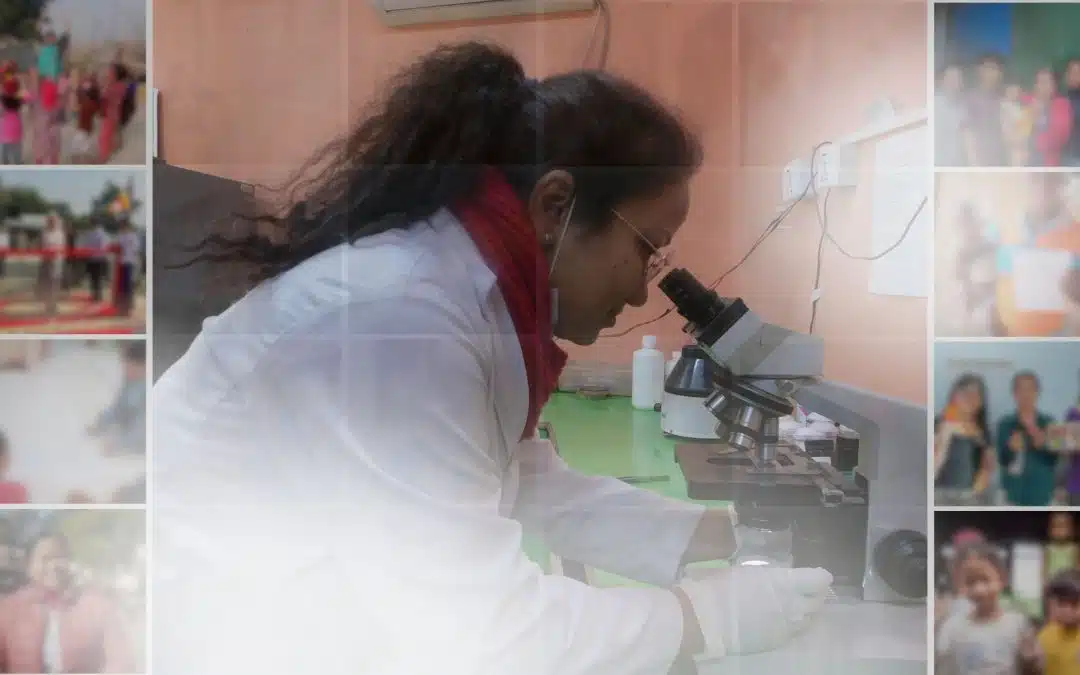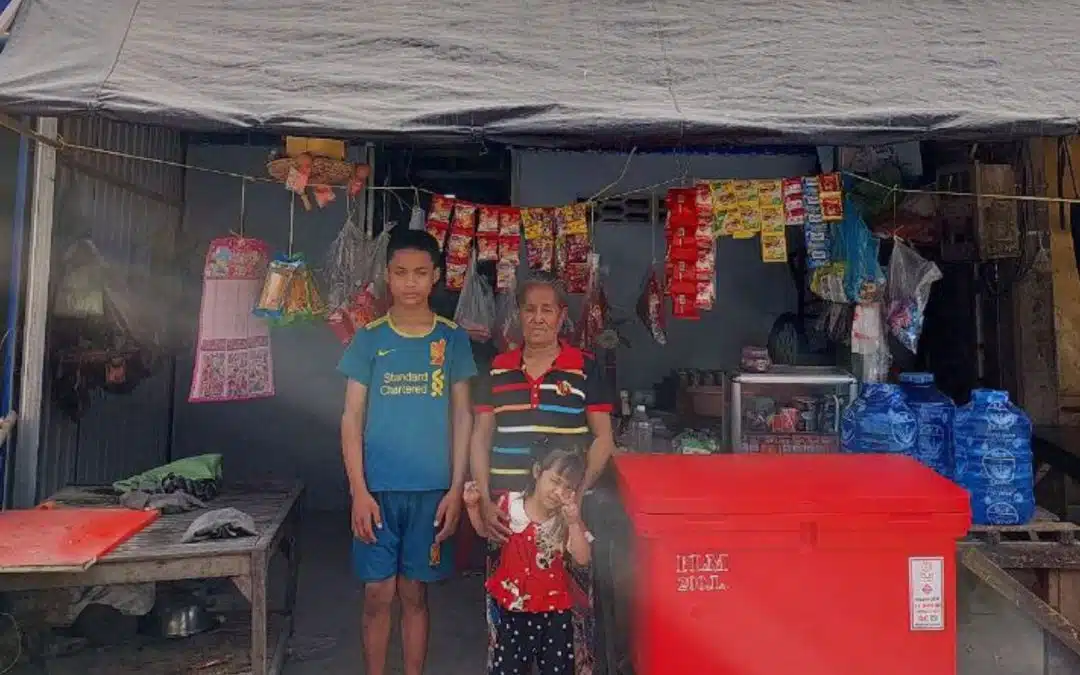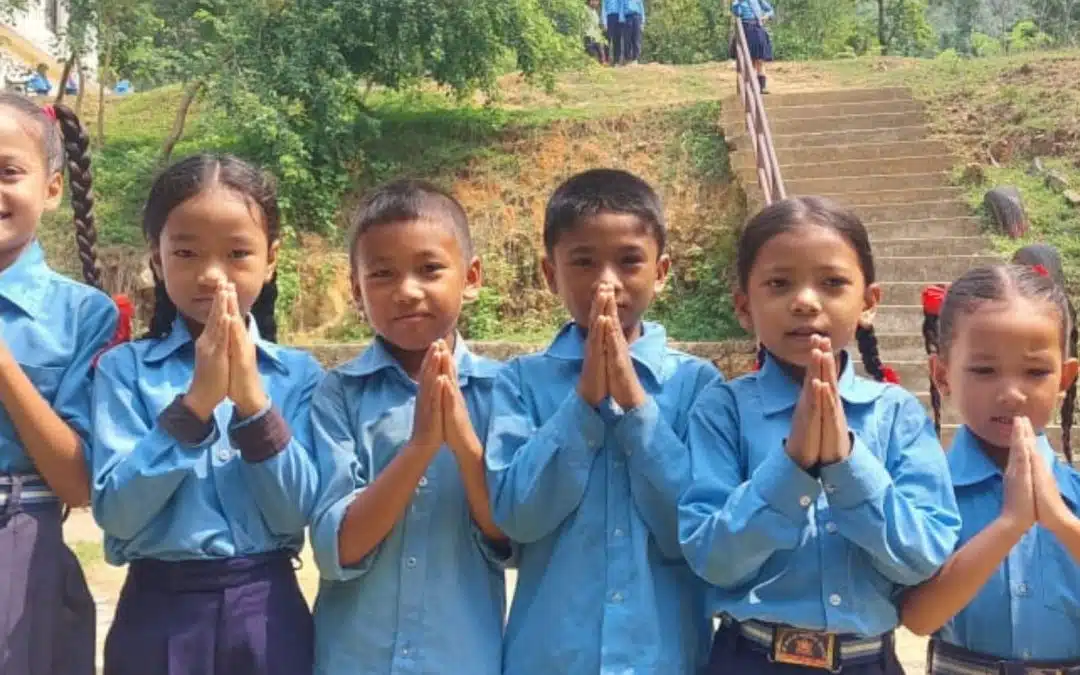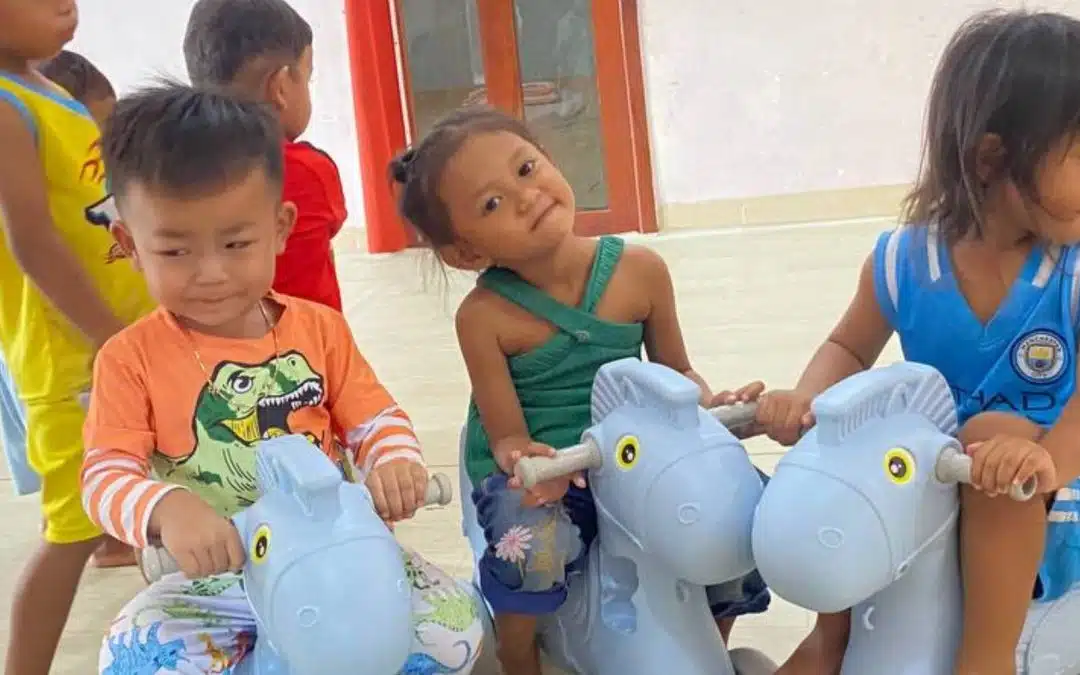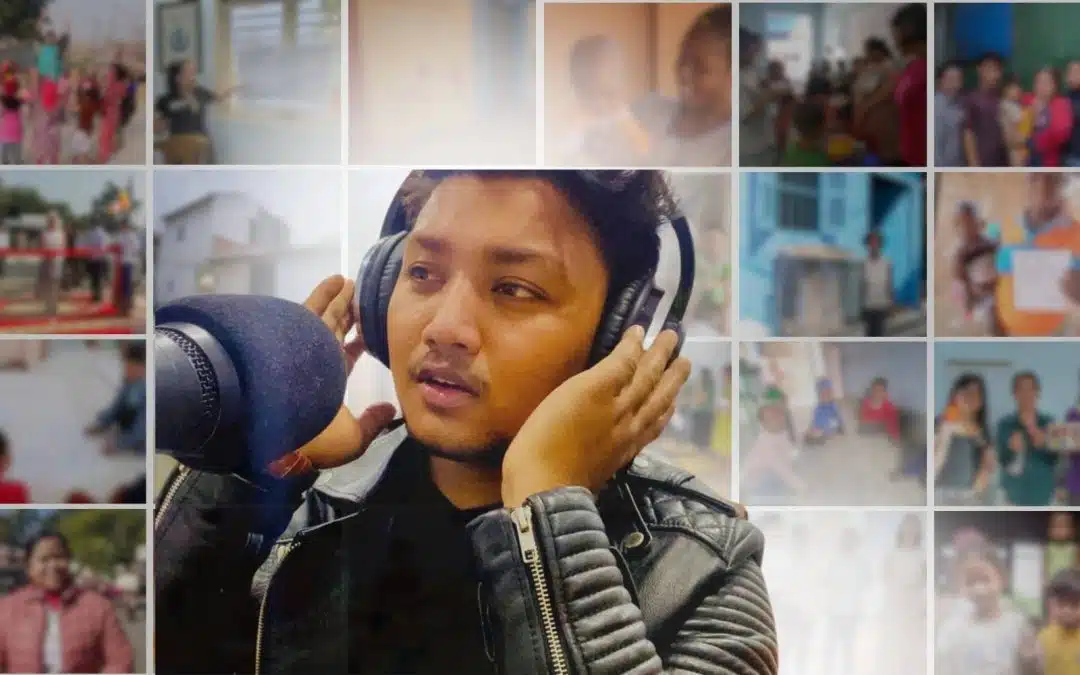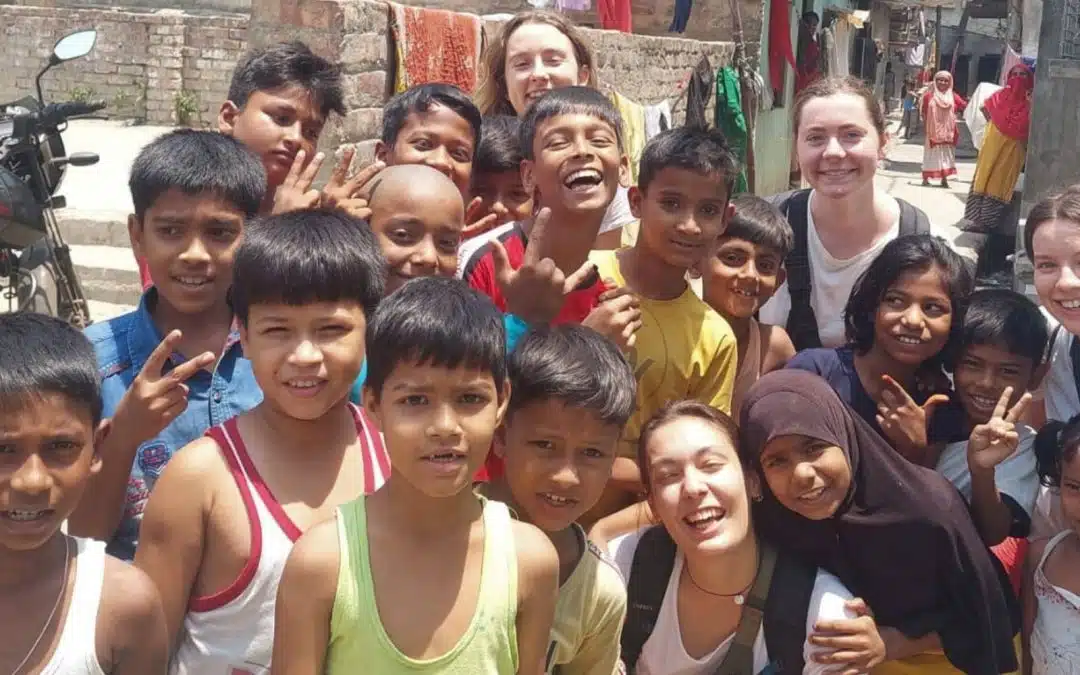During her participation on October 17th to our seminar on Early Childhood, Agnès Florin, Professor Emeritus of Child and Educational Psychology at the University of Nantes, came back with us on the first 3000 days of the child and the main stages of development in childhood.
"Is it possible to break down a child's development into distinct periods?"
Yes and no! Globally, we have identified major stages of development in childhood.
- Unicef has developed the concept of the "first 1000 days" and considers that the first two years of a child's life are crucial to his or her physical and psychological development.
- The World Health Organization (WHO) focuses on the first 3,000 days of a child's life, from conception to age 7-8. But what can be predicted on a large population from a statistical point of view, is not possible on an individual level. And development is not linear, it is made of rapid progressions, stagnations and regressions. It corresponds to waves that overlap. New acquisitions are sometimes translated into lesser performances.
Development varies from child to child depending on their life experiences - whether they live in the country, in the city or on the savannah, for example - but also on their temperament and the skills recognized by the adults who care for them.
It is therefore necessary to give children time to grow up, without leaving them in difficulties that may become disorders.
"What is it about the child's environment that influences his or her development?"
We change because our brain changes but also because of our personal experiences, culture and education. From 0 to 7 years old, the child's universe expands from a close relationship with the mother to the creation of multiple attachments little by little (friends, teachers, people in the neighborhood...). His centers of interest multiply.
It is important to think about the child's development taking into account the child's living conditions, the family environment, but also beyond the family circle (e.g., is the child welcomed in a crèche or kept within the family?) In some cultures, for example, parents must be convinced of the value of socialization outside the family.
"What do we know about infant brain development?"
Much has been learned in the last 30 years about the psychology of the baby. Before birth, in the fetal stage, babies develop their perception and senses. Some children can express preferences for sounds, songs, tastes known in utero.
He is able to distinguish sounds of different languages (discrimination ability) and to find what is the same despite the differences (categorization ability). And from the first days of life, he knows how to differentiate his body from that of another person (his reaction will be different if his finger touches his cheek or if it is another person who touches it). Next, learning will change the structure of the baby's brain.
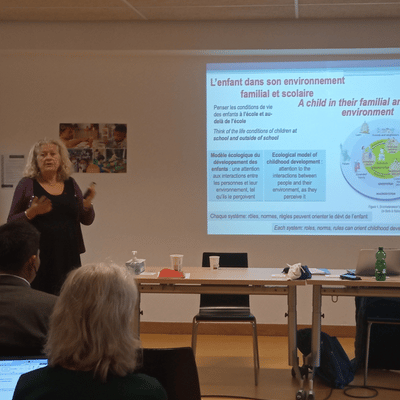
"How does the brain develop as a result of learning received?"
At birth, the baby already has 100 billion neurons. Its brain doubles in volume during its first year of life. And gradually, from the age of 3, the density of the brain is reduced. Connections will disappear if they are not activated on a daily basis (this is called synaptic pruning). This modification is achieved through daily experiences: interactions, manipulating objects, sharing emotions, playing, music, discovering the world, experimenting, languages.... For example, a Japanese baby and a French baby have the same ability to perceive sounds. As time goes by, they will sort according to the language used in their environment. Without stimulation, the young child suffers a loss in terms of information processing.
The cerebral development of the child facilitates its cognitive acquisitions, the control of its actions, its feelings and emotions.
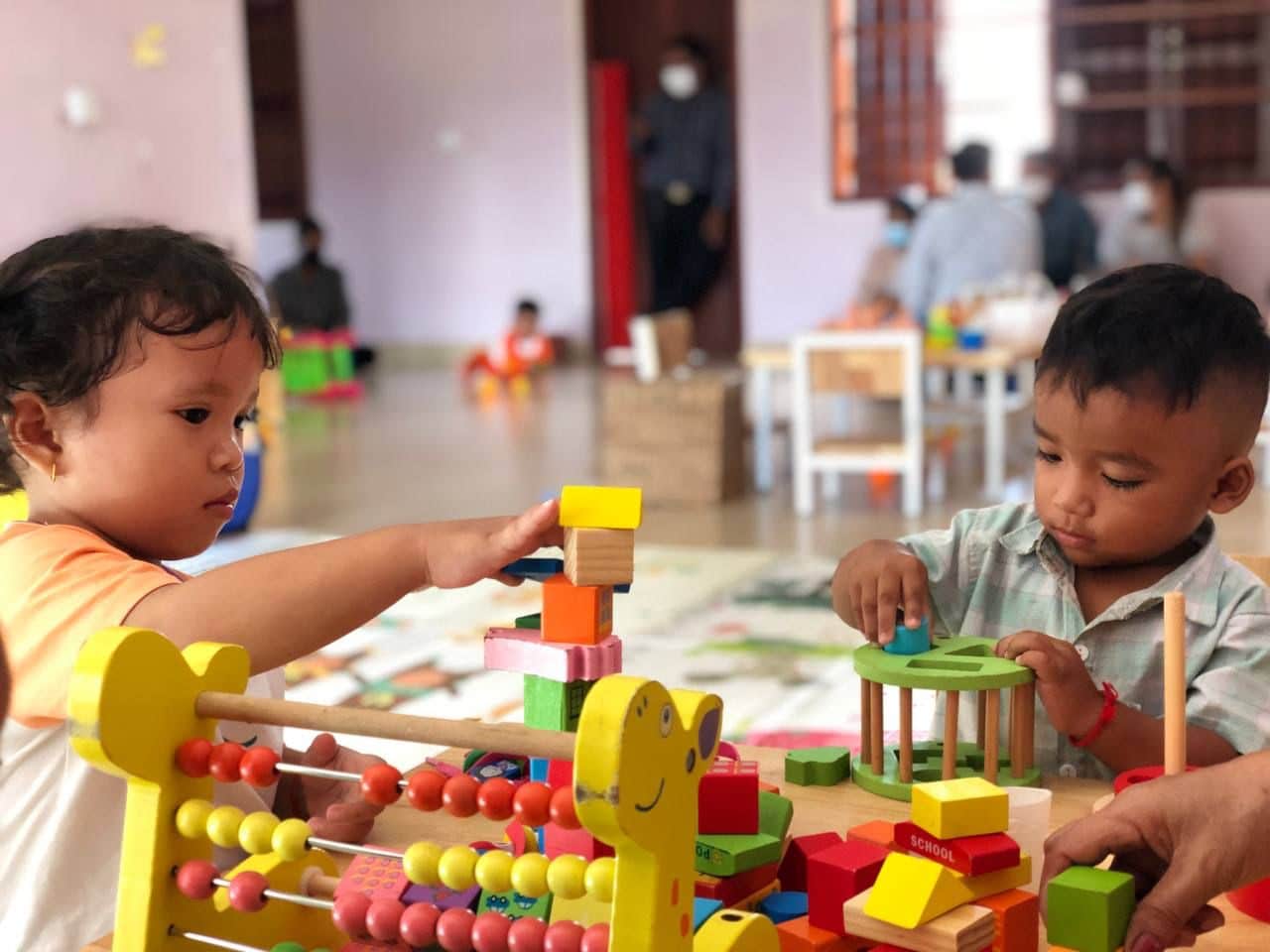
"How do young children learn?"
Young children learn either directly through the adult's desire to teach knowledge, facts, rules, principles, but also indirectly through shared games, activities and situations of everyday life, ...
"What does the child need to learn?"
From birth, babies need physical proximity and emotional security. They need attachment, a stable and secure relationship with someone who can understand, feel and respond to their emotions.
When the attachment is said to be "secure", the child knows that he or she can count on someone; this favours his or her autonomy, the quality of his or her social relationships, and his or her cognitive and language skills.
On the other hand, if the attachment is "insecure" (to the point of abuse), the child may develop difficulties such as anxiety, passivity, aggressiveness, high dependence on adults, ... But over time, the child will develop multiple attachments and positive and secure relationships with other people can make him/her feel secure.
Moreover, children need sleep to learn: about 13 hours between 2 and 5 years old, 9 to 11 hours between 6 and 12 years old and 8 to 10 hours for teenagers. Today, children are generally short of sleep, which can lead to difficulties in concentration and learning.
"Intervening from the first years of a child's life
It is important to develop public policies for early childhood. With a great neuronal plasticity, the development of the brain is indeed immense during the first years of life. It is also a period of great vulnerability: deprivation, negative experiences, violence, lack of care constitute risks for the development of the child and can cause developmental delays. But let's not forget that development lasts throughout life, from conception to death.
